
Thailand said on Tuesday it was halting implementation of a ceasefire pact with Cambodia a day after a landmine blast wounded a Thai soldier, posing the biggest test for a truce brokered by US President Donald Trump.
The Thai government has accused Cambodia of planting fresh landmines along a stretch of their disputed border, including a PMN-2 anti-personnel mine that injured four Thai soldiers on Monday, with one losing a foot in the explosion.
"The foreign ministry has filed a protest with Cambodia and if there is no further action or clarification, Thailand will consider revoking the declaration," government spokesperson Siripong Angkasakulkiat said in a statement.
Thai Prime Minister Anutin Charnvirakul had told the defence ministry to suspend all agreements with Cambodia indefinitely, the spokesman added.
On Tuesday, Cambodia's defence ministry denied having laid new landmines and urged Thailand to avoid patrols in old minefield areas. It was committed to working with Bangkok in line with an expanded truce deal struck in October, it added.
The United States is gathering more information on the incident, a State Department spokesperson told Reuters, urging the neighbours to maintain stability and implement the deal.
The leaders of the nations signed last month's deal, covering the withdrawal of heavy weapons from border areas and the return of 18 Cambodian prisoners of war, at a regional summit in Malaysia attended by Trump.
It ended a five-day conflict in July that was their worst fighting in recent history after telephone calls by Trump urging their leaders to end hostilities or face obstruction to respective trade talks with Washington.
The exchange of fire, with rockets and heavy artillery, during the clashes had killed at least 48 and temporarily displaced an estimated 300,000.
SOVIET-ERA MINES
Catalysts for the July fighting included a series of landmine blasts along the Thai-Cambodian frontier, with Bangkok accusing its neighbour of using the Soviet-origin PMN-2 mines to target its troops.
At least seven Thai soldiers were severely injured in as many landmine-related incidents since July 16.
Monday's explosion also involved a PMN-2 mine, with three similar devices found nearby, the Thai army said in a statement late on Monday.
Cambodia denies Bangkok's charge, pointing to a continued risk from ordnance planted during a decades-long civil war that makes it one of the world's most heavily mined countries.
"Cambodia reaffirms that it has not used or placed any new landmines," it said. Cambodia's response to the latest incident is not sufficient, however, Thai Foreign Minister Sihasak Phuangketkeow said.
He added that Bangkok would explain its decision to the United States and Malaysia, the chair of the ASEAN regional grouping, which facilitated the ceasefire process.
"We have to see what Cambodia's stance is from now on," he told reporters.
In Kuala Lumpur, Prime Minister Anwar Ibrahim said Malaysian military officials were working to help resolve the issue, adding, "I really hope this matter can be settled."



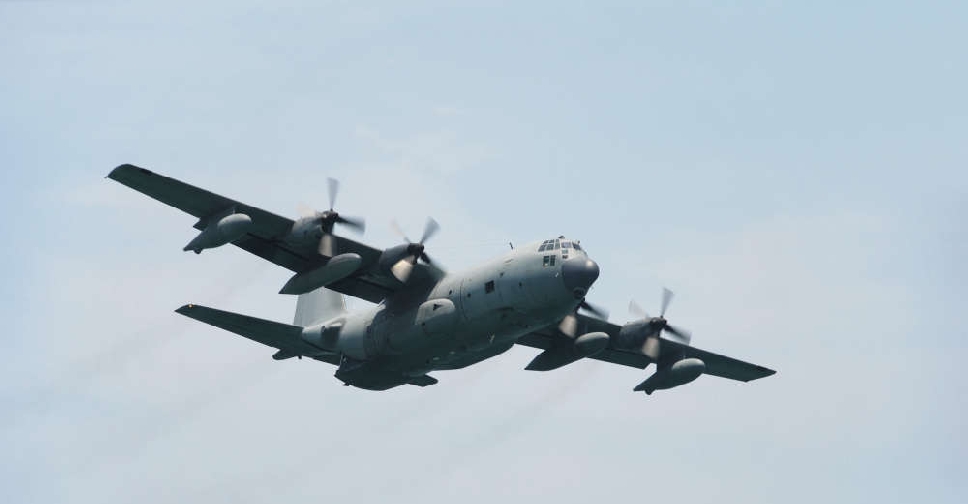 Turkish military plane crashes in Georgia
Turkish military plane crashes in Georgia
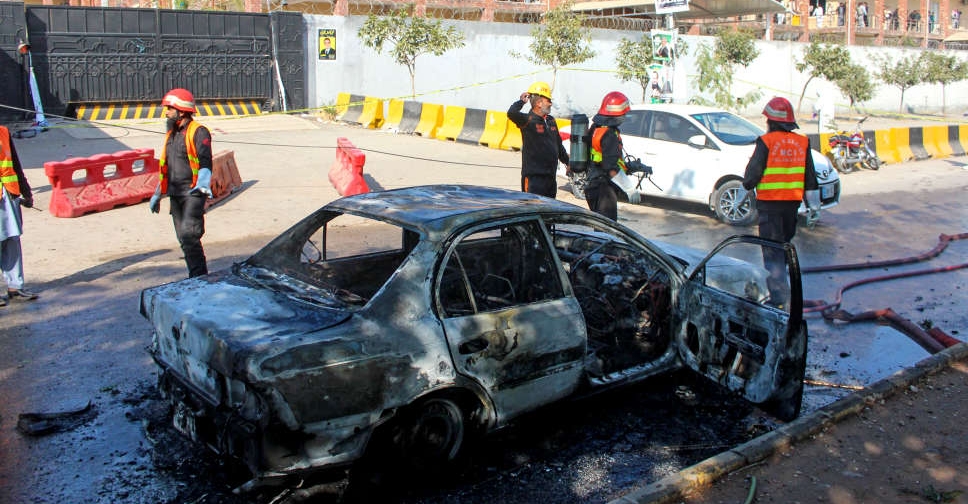 Explosion kills at least 12 outside court in Islamabad
Explosion kills at least 12 outside court in Islamabad
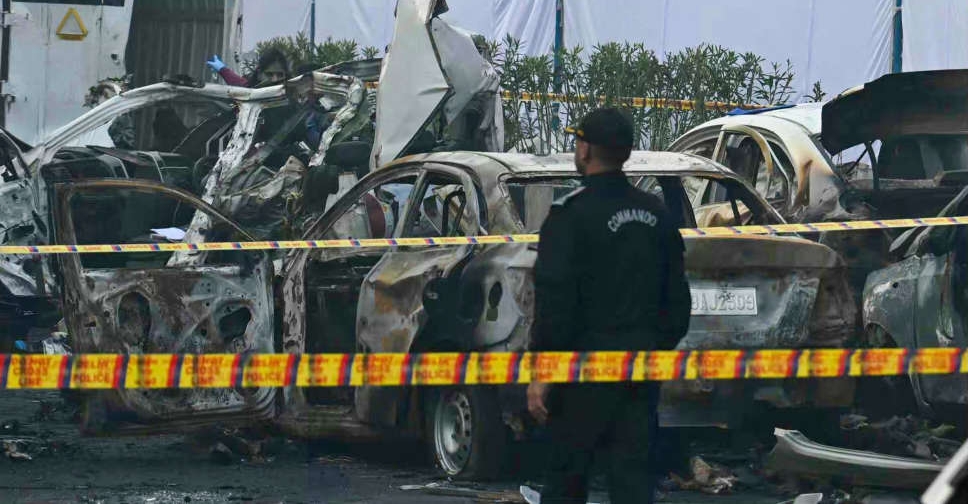 India's Modi says those behind Delhi car blast 'will not be spared'
India's Modi says those behind Delhi car blast 'will not be spared'
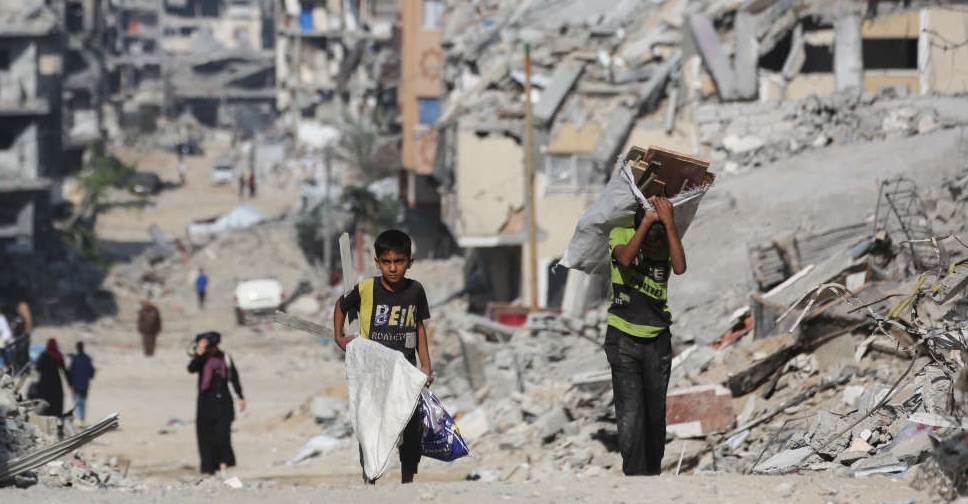 Turkish, Egyptian foreign ministers to discuss Gaza ceasefire, post-war efforts
Turkish, Egyptian foreign ministers to discuss Gaza ceasefire, post-war efforts
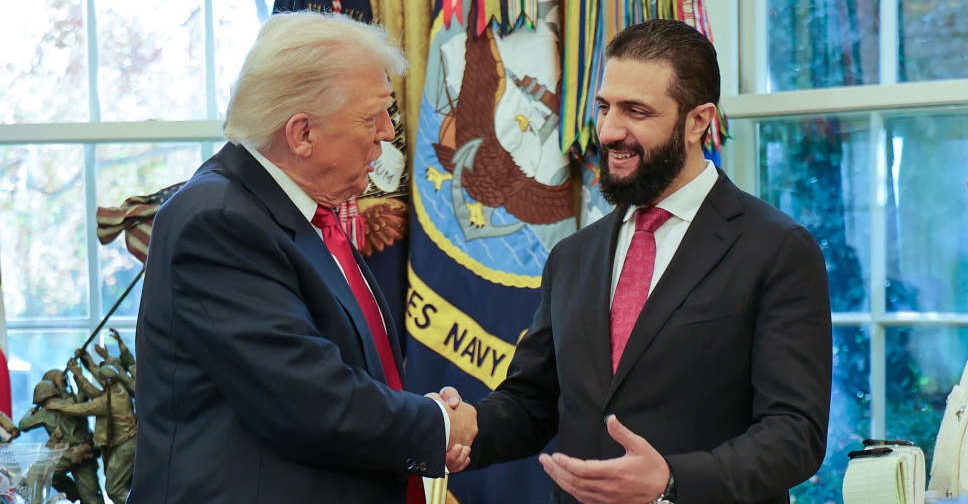 Trump vows to 'do everything' to help Syria after landmark talks with Sharaa
Trump vows to 'do everything' to help Syria after landmark talks with Sharaa
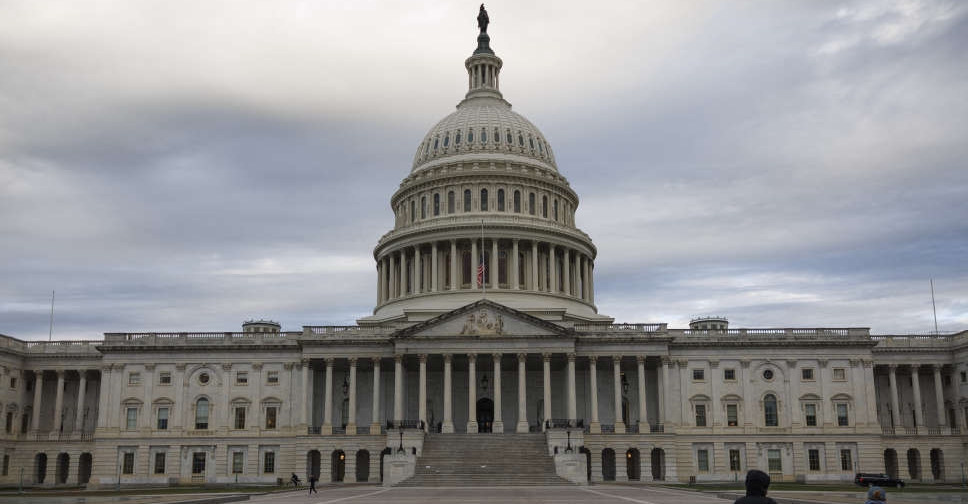 US Senate passes bill to end government shutdown, sends to House
US Senate passes bill to end government shutdown, sends to House
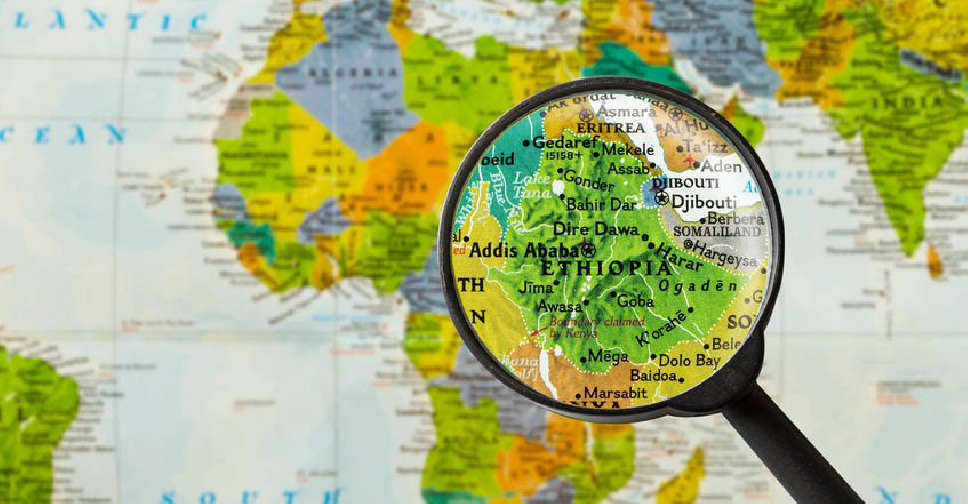 Ethiopia to be approved as host for COP32 climate summit in 2027
Ethiopia to be approved as host for COP32 climate summit in 2027
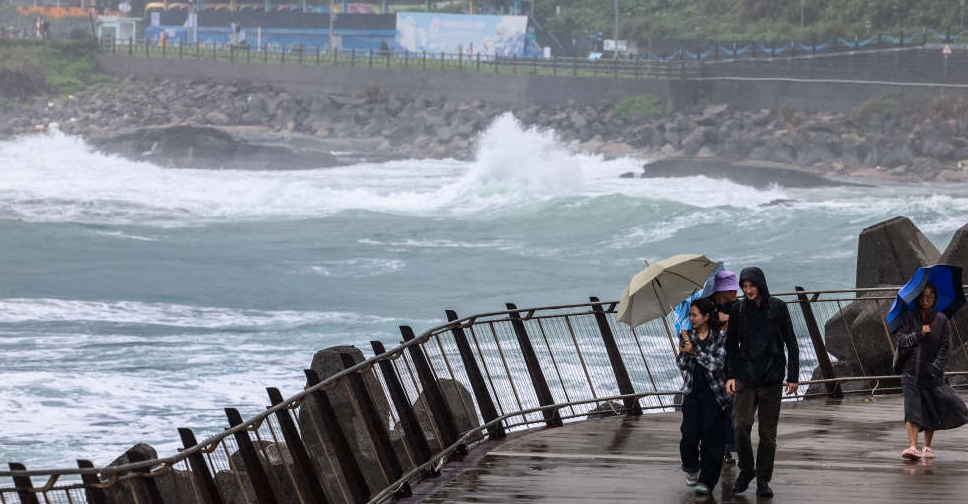 Taiwan evacuates 3,000 ahead of arrival of Typhoon Fung-wong
Taiwan evacuates 3,000 ahead of arrival of Typhoon Fung-wong




